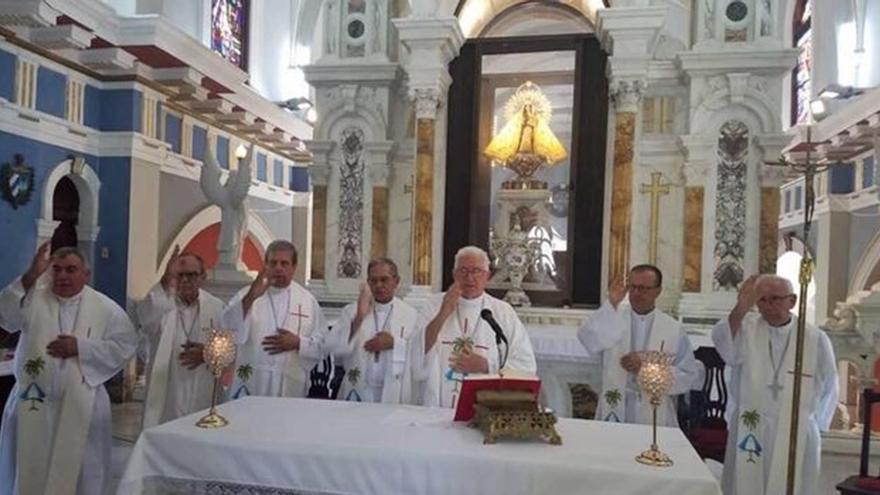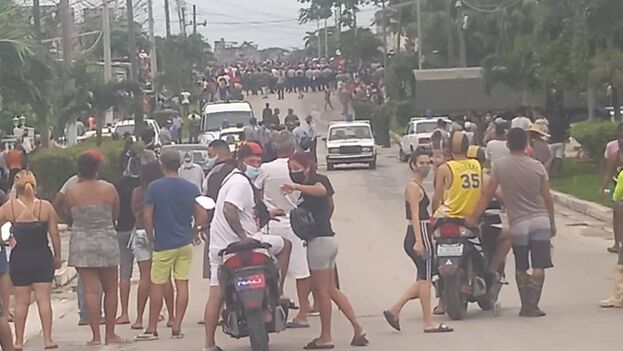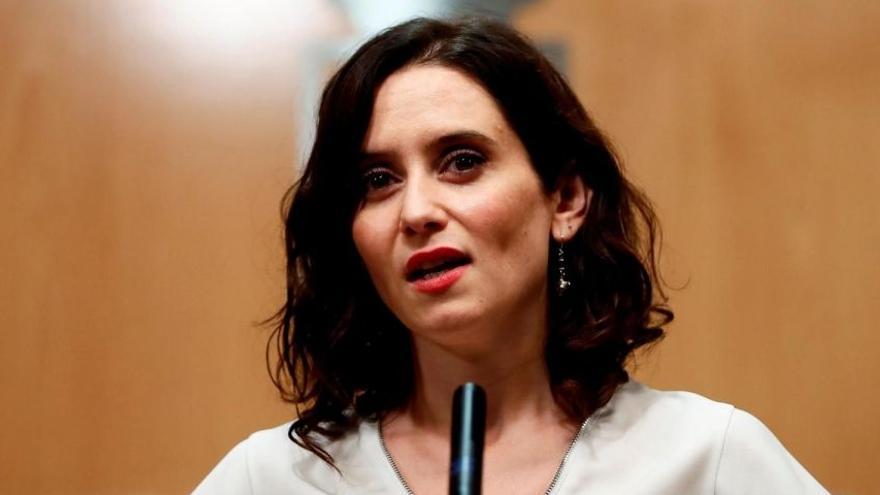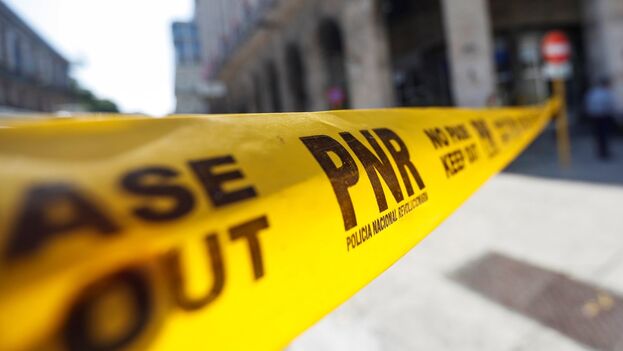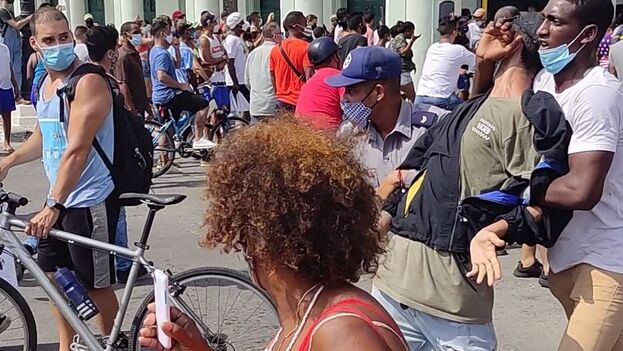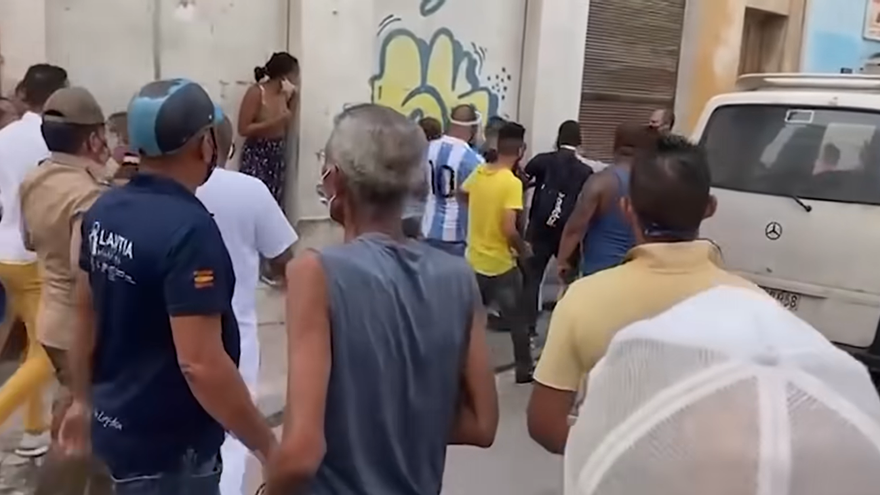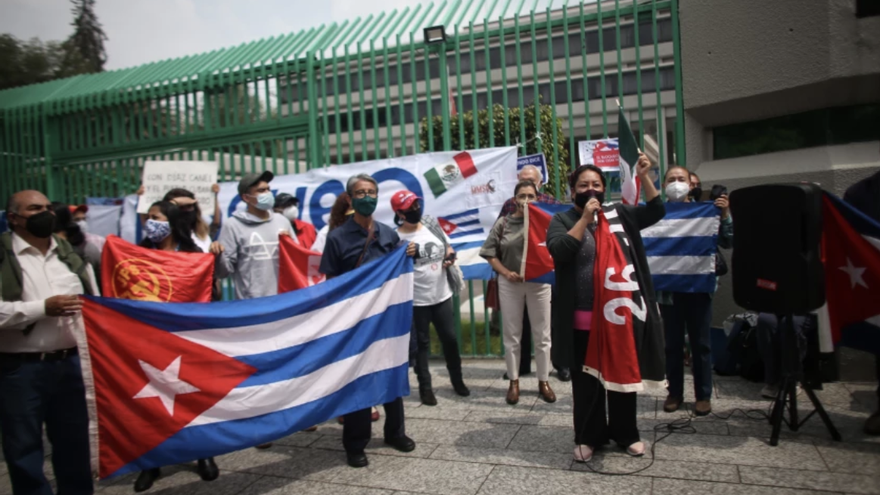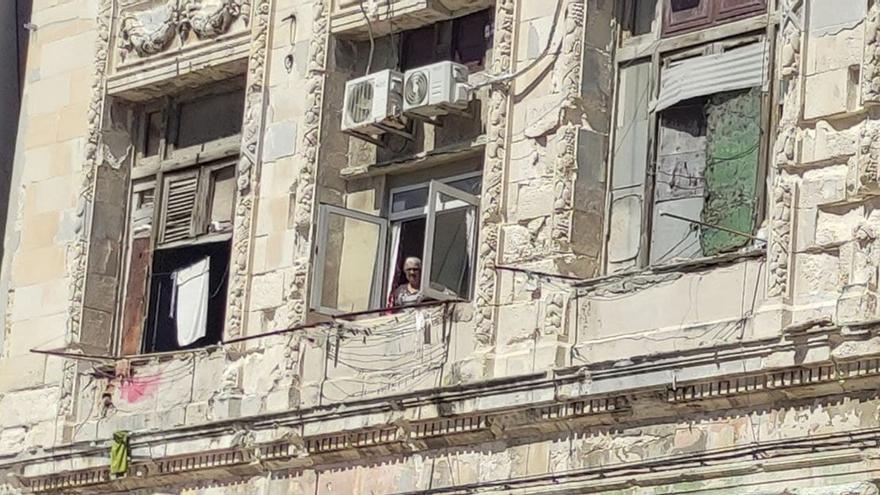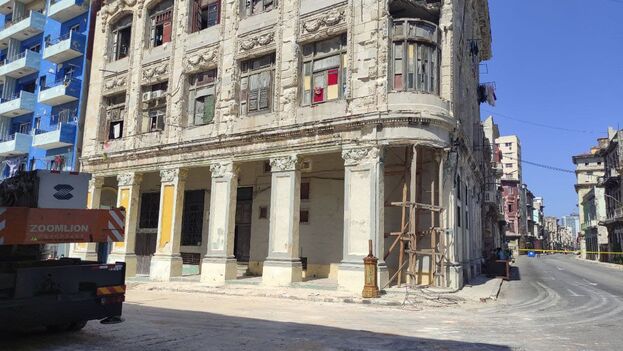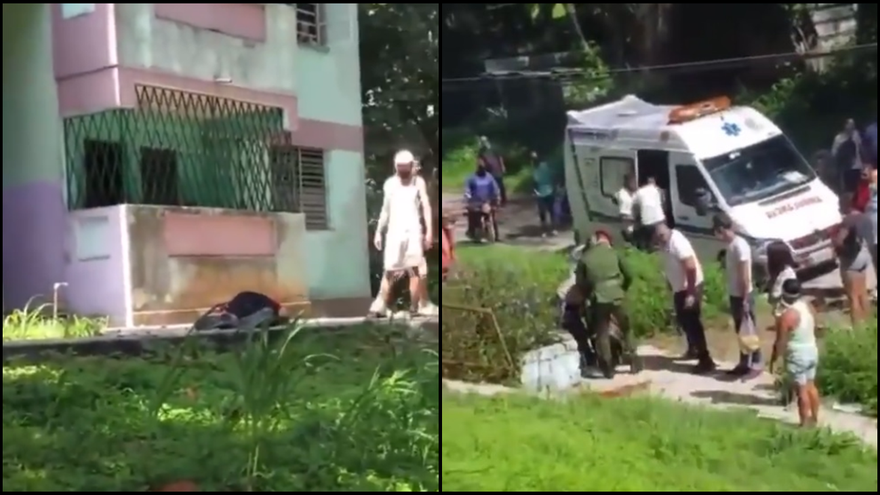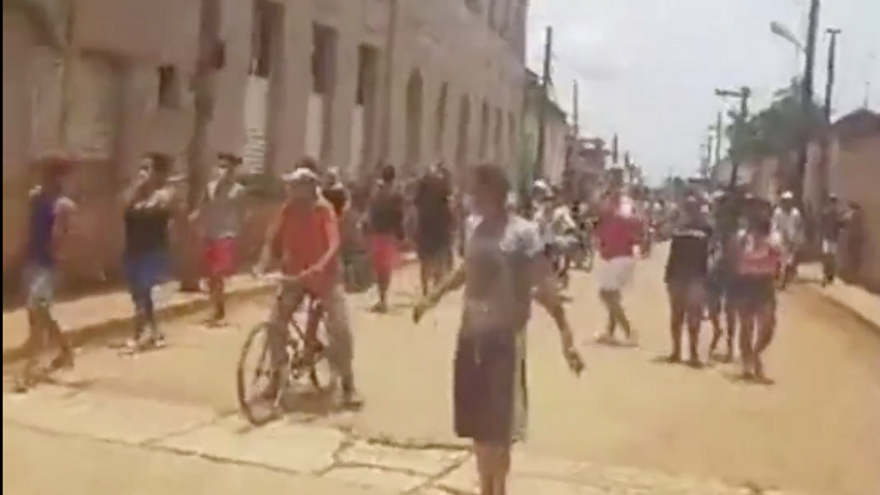
![]() 14ymedio, Natalia López Moya, Havana, July 12, 2021 — “It was very moving, something I had never experienced. I had seen it in videos from other countries but, here in Cuba, never in my lifetime,” confesses Yonder, one of the young Havana residents who, on Sunday afternoon, left their homes to call for freedom in Cuba.
14ymedio, Natalia López Moya, Havana, July 12, 2021 — “It was very moving, something I had never experienced. I had seen it in videos from other countries but, here in Cuba, never in my lifetime,” confesses Yonder, one of the young Havana residents who, on Sunday afternoon, left their homes to call for freedom in Cuba.
“As I was walking towards 23rd and Malecón, I saw kids randomly hanging out, looking all around, and they began to join us. We started speaking the same language and suddenly dozens of people were joining in,” says Yonder, who is 32.
“Police officers were just standing there because they couldn’t do anything,” he adds. By the time he and his friends got to Galiano Street, there were already about five-hundred marching against the dictatorship, he claims. “A sea of people shouting ’homeland and life’, ’freedom’, ’we are not afraid.’”
A few hours after videos of protests in the town of San Antonio de los Baños went viral, thousands of Cubans in several cities across the island continue reading
“One of the most emotional things I experienced was when an incredibly enthusiastic older man in flip-flops joined us. He hadn’t finished putting on his shirt and face mask when people began applauding him,” says Yonder.
He describes bystanders appearing to be “surprised, astonished,” applauding them as they walked past. Others shouted “strength” or “freedom” from their windows or from the street.
“At certain points — never with us on the street — some people shouted slogans like ’Long live Fidel’, ’Long live the revolution’, ’Look at the worms.’ The marchers yelled back, ’Go hungry, we’re doing this for you too.’”
Police had blocked the main streets so Yonder and other protesters had to take alternate routes to get to the Capitol. When they got to San Rafael Boulevard, he noticed a man in a wheelchair was marching too. He notes that many older people joined them but, unable to keep up the rapid pace, shouted “enough already,” “freedom” and “right now” in support.
“There was a police cordon on San Rafael where they tried to disperse us. Then there was an altercation with the protesters who were marching ahead. We reorganized a little but I had to run. It was a stampede. I didn’t see anyone on the ground. We were all helping each other. We changed direction and headed towards the Chinatown gate.”
Along the way, the police arrested anyone they saw filming or shouting cheers. “I saw a lot beatings; they hit a lot of people. Many were taken away in trucks. When they had fifteen or twenty people in a truck, they took off. People with head injuries who were still bleeding. They were put on those trucks and taken directly to the police station, not to a hospital.”
The police also arrested a taxi driver who had stopped his vehicle in the middle of the street as a form of protest. “They dragged the driver away to jail, beating him. Then one of the soldiers got in the taxi and drove off.”
As this was happening, a large crowd near the Marti Theater in Central Havana was trying to move towards the Capitol while another large group was approaching Central Park.
Shortly before leaving for home, Yonder saw stones flying overhead, directed at the police. “I tried to get out, out of safety concerns. but I was worn out. I hadn’t eaten anything since the day before and I was dying of thirst.” Between Ayestaran and Aranguren streets he saw a sign that stuck in his mind: “Diaz-Canel, resign.”
____________
COLLABORATE WITH OUR WORK: The 14ymedio team is committed to practicing serious journalism that reflects Cuba’s reality in all its depth. Thank you for joining us on this long journey. We invite you to continue supporting us by becoming a member of 14ymedio now. Together we can continue transforming journalism in Cuba.

